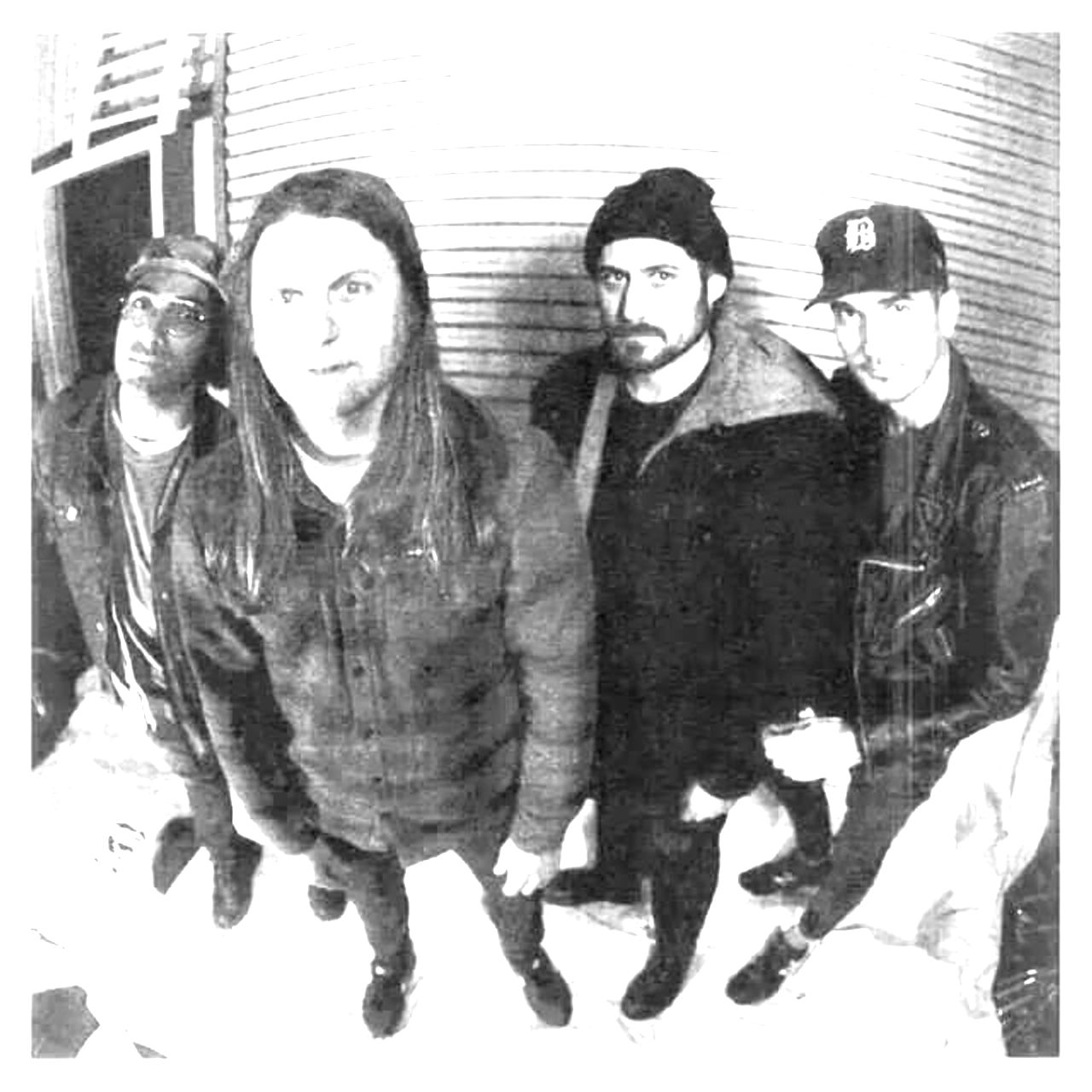

Follow Your Favorite Band Today!
Be the first one to follow Bad Dog!
Top Bad Dog Community Posts
Loading posts...
Sponsor content
Loading....
Sponsor content
Loading....
Story of Bad Dog
Get ready to unleash your inner punk with BAD DOG, a ferociously fun band where rebellious spirit meets playful mischief. Led by the fearless Snarls Barkley, their infectious tunes and high-energy performances are guaranteed to have you howling along in no time. With the thunderous drumming of K9 Crash and the blistering guitar riffs of Howler and Snaggletooth, BAD DOG's energetic sound will have you wagging your tail and diving headfirst into the mosh pit.
Sponsor content
Loading....
Bands you may like
More Punk Rock Bands
Explore Punk RockDiscover more bands in the Punk Rock genre and explore the diverse sounds that define this musical style.
Browse All Punk Rock BandsMore Bands from United States
Explore United StatesDiscover the rich musical heritage of United States and explore bands that represent the country's unique sound and culture.
Browse All United States Bands